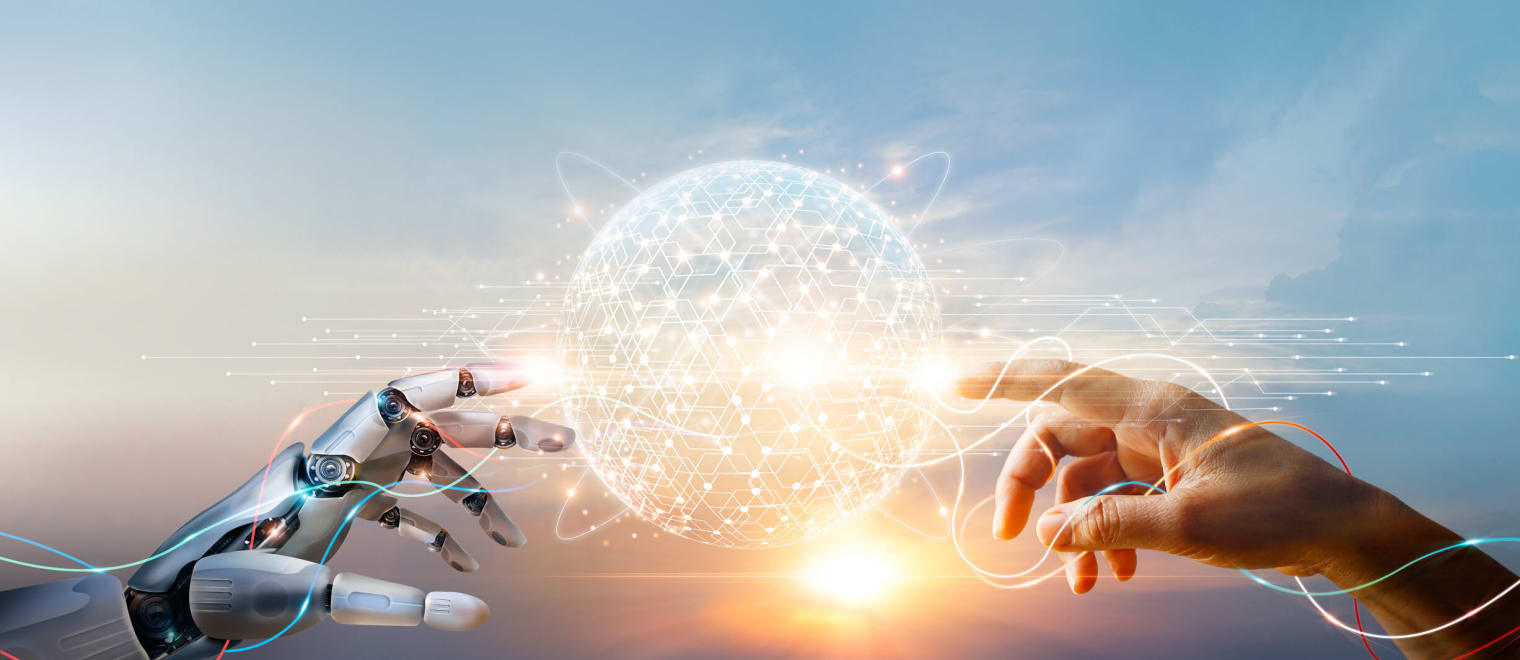This informal CPD article, ‘The Future of Work: Use of AI in Upskilling’, was provided by keySkillset, a muscle memory building educational platform to master Excel, PowerPoint, Python Coding, Financial Modelling skills and more.
The Technology landscape is ever changing and with the innovations and impact of Artificial Intelligence (AI), upskilling is emerging as a crucial aspect to build a future ready workforce. The Industrial revolution has also reshaped the job market, so that perpetual skill development is no longer a secondary concern but an urgent priority.
Upskilling and reskilling have grown into essential requirements for effective professional development in response to the dynamic nature of technology and the short lifespan of skills. Business leaders and thought influencers are actively driving innovation by educating their workforce on the latest technologies and skills that will shape the future.
You can see the impact of AI in today’s digital world from the stats given below:
- PwC's 2021 AI Predictions: AI to drive business growth. Prioritizing AI adoption will offer a competitive advantage.
- Udemy for Business survey: 80% of employees see AI skills as essential for future careers, but only 36% received AI training from employers.
- IBM study: CEOs identify AI as the top technology trend transforming organizations, emphasizing the need for AI upskilling.
- IDC report: AI spending to reach $110 billion by 2024, offering lucrative career opportunities for AI-skilled individuals.
The Growing Importance of Workforce Upskilling:
Now, in today's fast-changing world, technology is also transforming industries like never before. To stay competitive, organizations are bridging the skills gap through upskilling. Upskilling empowers employees to learn new skills and improve existing ones, aligning with market demands. It's an investment in their growth, ensuring they're prepared to navigate the ever-evolving business landscape. This approach benefits both the company and its people, fostering innovation and loyalty, creating a brighter future for all.
The Role of AI in Workforce Development:
AI has become a true game-changer when it comes to staff upskilling. One of the most significant advantages of AI is its ability to automate repetitive tasks, freeing up valuable time for employees to concentrate on more meaningful and strategic endeavors. With AI taking care of monotonous chores, staff members can now invest their energy in tasks that truly matter.
Furthermore, AI's remarkable data analysis capabilities play a crucial role in identifying patterns and providing valuable insights for skill improvement. This data-driven approach allows businesses to pinpoint areas where their employees can enhance their skills and knowledge effectively.
Another remarkable application of AI in upskilling is its capacity to automate training procedures and customize programs for individual employees. This personalization empowers the workforce to learn at their own pace and focus on areas where they need improvement.
In essence, AI has become an invaluable tool for businesses seeking to enhance their staff's capabilities. By streamlining processes, providing valuable data insights, and offering personalized training, AI is revolutionizing the way companies approach upskilling, leading to a more skilled and empowered workforce.














